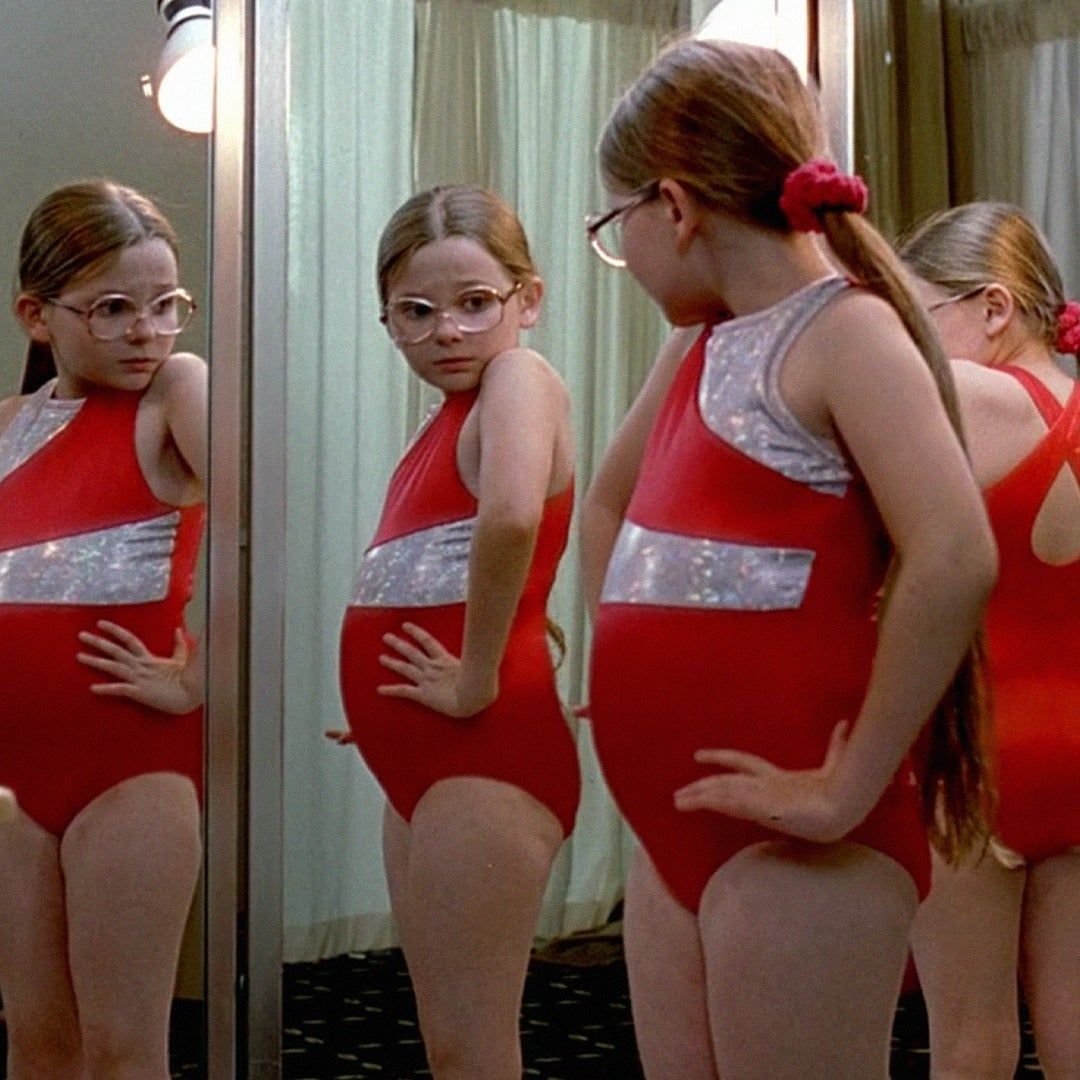
Day of the Girl
How To Foster Body Positivity in Girls
- Interview By
- Marnie Schwartz
When we help reinforce a positive, compassionate relationship with their bodies, we’re helping kids preserve their wellbeing. With strong mental health, girls can engage powerfully in friendships, learning about the world, and discovering what they care about. It's not about policing anybody’s feelings and it doesn’t mean that girls should never have a negative body thought. It’s quite normal, developmentally, for them to notice how their body shows up in the world and how it might be different from others. But we want them to have tools for resilience, so they know what to do when those feelings come up. There is still very much a “beauty burden” on girls to spend time and energy on looking pretty, and a belief that thinness is not only better but that those in larger bodies aren’t healthy. These assumptions can cause girls’ wellbeing to suffer; they don’t feel adequate if they don’t fit these unattainable standards. As parents, if we’re working on building values of inclusivity and diversity and common humanity, it’s important to extend that to body size and challenge some of the beliefs we may have around weight and health.
What does it mean to have body kindness, and what does that mean for young girls?
Body kindness is the practice of fully committing to being good to yourself. It’s caring for yourself the way you would care for your best friend. That might look like going to sleep even when you want to stay up late because you know you’ll feel better the next day. Instead of asking what foods are good and what foods are bad, it means asking what it would look like to eat in a balanced way and enjoy your food, and using that as a more important guide than rules around individual foods. This sets you up to spend a lot less time worrying about food, and more time honoring your preferences. When it comes to our kids, it’s teaching them that our bodies are an inseparable part of us, so we take care of them. And if we do have negative feelings, we deal with the emotions rather than try to change our bodies. We confront those thoughts and feelings with positive self-care.
What we know about positive self care behaviors is that kids learn through modeling. They are going to trust you less if they see you doing things that aren’t in line with what you say, or if you’re hiding things from them. If you’re judging and shaming yourself for your food choices or for not exercising, it will slip out. Kids are very perceptive. They notice our struggle and will be the first ones to ask why did you do or say this or that. It’s not about perfection but about modeling your values for your kids and supporting them from a self-care perspective, and giving them the tools to figure it out. If you have had issues with your body image, share what you think they can handle about it. You can say, I’m still working on being kind to myself and my hope for you is that you practice this self compassion. These are some things I’m trying.
A lot younger than you think. By the age of 1 brain is doing processing based on things they hear. A critical age is 3. That’s when both of my kids said the word fat, directed at me. My response was, I love my belly, that’s where you came from, and there’s nothing wrong with fat.
It’s so important not to comment on other people’s bodies. We get it in the news media 24/7 and it upholds weight stigma. What we verbalize in our homes about ourselves can be a slippery slope, too, even if what you’re saying is true. If you say, my clothes don’t fit anymore, process it further and follow up with, what I need is a pair of pants that is comfortable, so I’m going to go shop for that. Adding that context is really helpful.
Limiting their overall exposure to commercials and ads by limiting screen time helps, especially when they’re young. And when you see examples of weight stigma in the books they’re reading or the shows they watch, call it out. Encourage them to think critically about it
It’s also important to reinforce and respect their body autonomy. Just because you like running or biking doesn’t mean they will too. You can share that exercising makes you feel better, but let them figure out what feels good to them. With food, it could mean letting them add what they want to the grocery list, or asking them what meals they might like to eat as a family that week. It could also mean modeling gratitude for your food, connecting positive thoughts to food and centering conversations about food on taste and preferences rather than the diet mentality of counting carbs.
And when you mistake, let them know. One strategy I use is a gentle connect and redirect. Like, I realized I was critical of myself. I’m having a hard day, but I want to be kinder to myself.